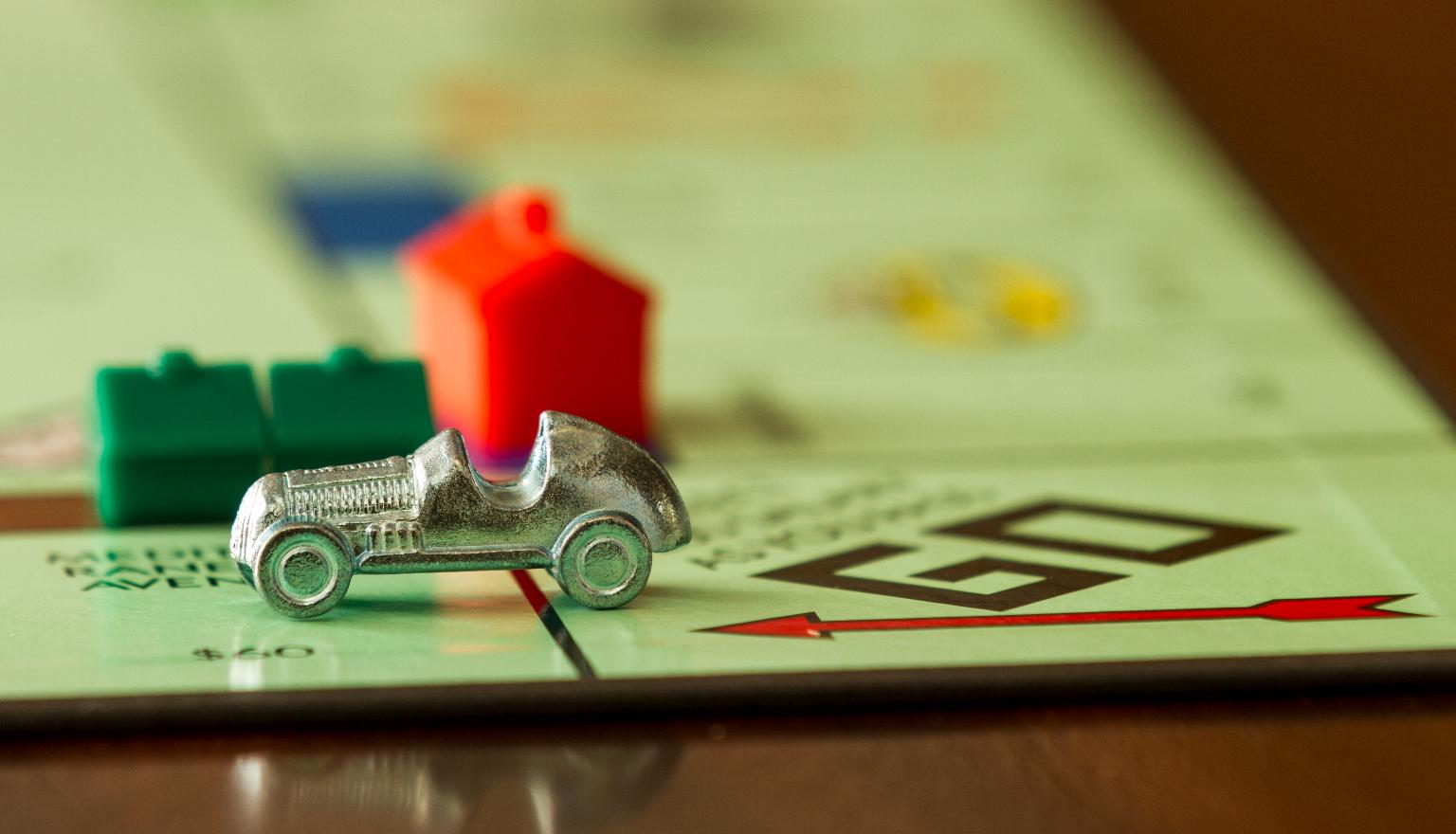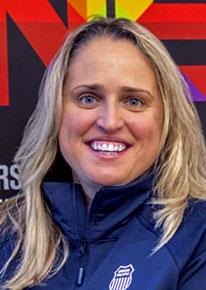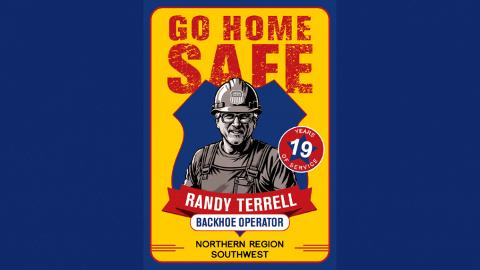When things were lean growing up, my family would go fishing or my dad would shoot a squirrel for dinner. For years, I didn’t know soups had themes. I thought you simply cleaned out the fridge into a pot and added water. Sometimes there would be a mix of leftover noodles and beans with deer meat that someone gave us from a recent hunting trip. When your portion was scooped out, you hoped to not get the random wilted lettuce leaf. You could imagine how stunned I was as an adult to see soup on restaurant menus, and that people would pay money for it.
During the ‘80s and the AIDS epidemic, I was a closeted lesbian teenager in rural America listening to a daily plethora of derogatory comments taking aim at my self-worth. And as an adult, I learned to maneuver my way through a male-dominated industry that struggles to raise its female population to a mere double digit.
So, am I “privileged”? Of course, I am. I could list dozens of examples of that privilege.
The word “privilege” has always been in our society. While the formal definition is broad, we unofficially attributed it to generational wealth, the ability to opt out of the day-to-day grind, or connections that gave an easy path up the corporate ladder. Recently, in the Diversity, Equity and Inclusion (DE&I) space the term took on the more literal meaning as a way to describe unearned advantages.
While I, personally, didn’t think “privilege” was the best descriptor, I was fine with it. I grasped the intent and thought discussions on this topic could help drive healing, understanding and fairness.
The privilege conversations I experienced were in conjunction with oppression, explaining how everyone has advantages and everyone has disadvantages. It was meant to break down inaccurate stereotypes and create relationships based on people as individuals. For people in dominate groups, we could grow our empathy and identify inequities that we didn’t previously see.
Subscribe to Inside Track
During these sessions, I was taken aback at the visceral reaction some had toward the word “privilege.” It was like a dirty word. Somehow, admitting one was born with benefits – as well as acknowledging another individual’s adversity – negated all the hard work that resulted in their current status.
It reminds me of social-psychologist Paul Piff‘s Monopoly Studies, where one randomly selected participant would enter the game with more money or more ability to move around the board. These – and all other similar studies – show the same results, which include increased entitlement and decreased empathy. The behavior change was quick and statistically true for all ages.
Thinking about these studies, maybe it is just human nature. It is so easy to point out what others are freely given, and so difficult to admit any favoritism we receive. In real life, we all feel exhausted at the end of the day. We all worry about our families and our future. We all struggle to succeed in our careers. How dare someone who doesn’t know us say we have privilege? The randomly selected player still had to work hard and make good strategic choices to win, right?
No one is saying your life isn’t hard, nor that you didn’t earn – or deserve – what you have. The concept is simply bringing to the forefront your life wasn’t hard because of the color of your skin, your gender, your IQ, your charisma, your able body, your sexual orientation, your higher education, your two-person parents, your religious affiliation, your athletic ability, your inherited wealth, your birth country, your [enter a 1,000 more examples here].
The discomfort this word brings eats away at the image we have of ourselves. It is the epitome of “you spot it, you got it.” It makes us question. It makes us irritable. But maybe it also can return to us what we and the Monopoly player lost – empathy.
The more I think about it, the more I think it is the right word for this time. Oh, and now that I understand soup, I do order it off the menu sometimes.







